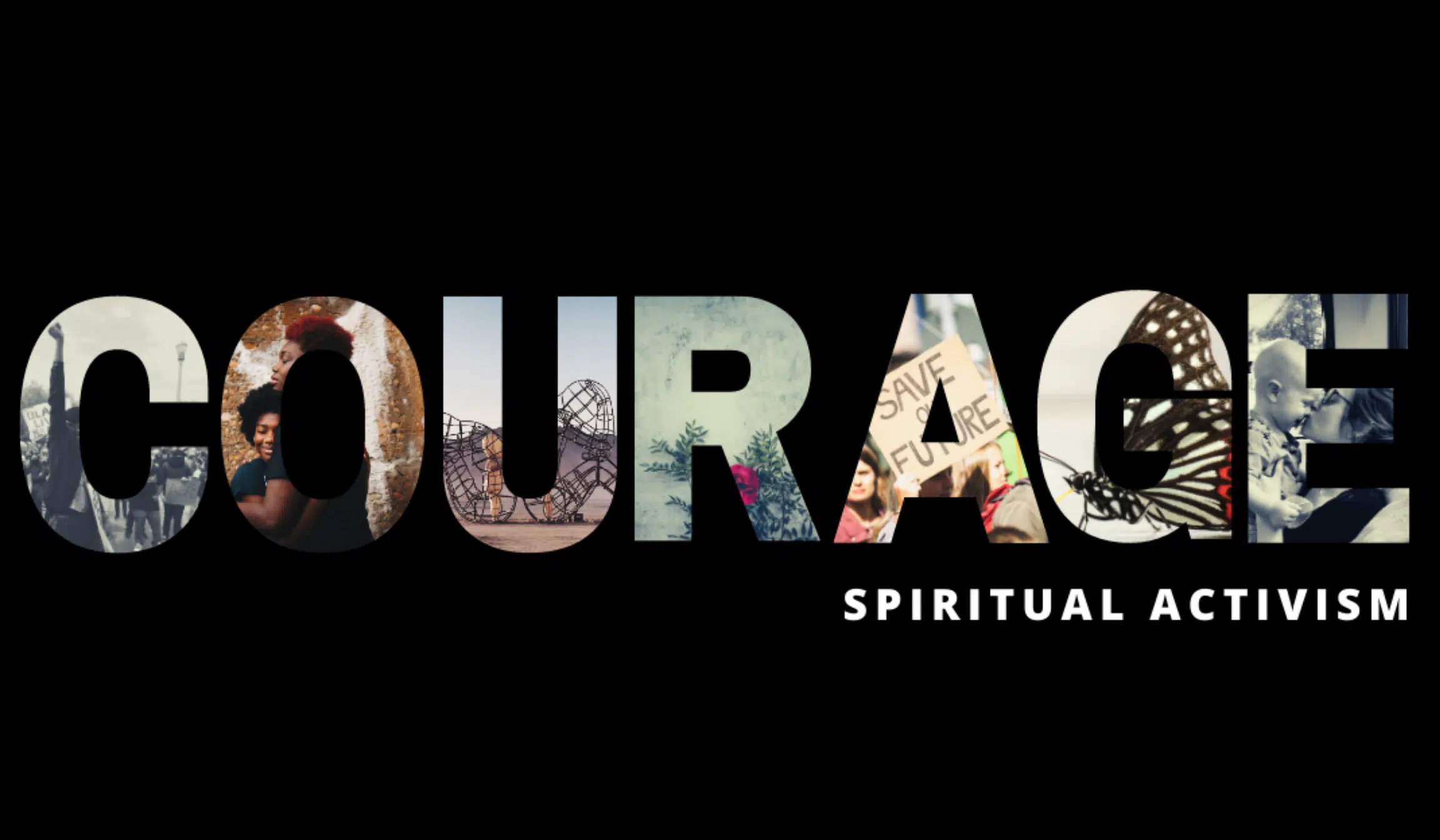“Teaching is personal. You have to put yourself out there. You have to confront who you are on a daily basis.”
These are words that I have used when mentoring student teachers. But, just like telling children to “pay attention” and then providing them with no strategies, the teaching profession—or at least this teaching professional (until recently)—hasn’t offered much to my student teachers about how to manage this personal work.
In the past few years, I have noticed a shift in how I present this to my student teachers. “Confront” has become “know,” and “know” itself has expanded: you have to know yourself, and you have to be kind and compassionate to that self. How do we know ourselves? What does this self-compassion look like? And, perhaps most importantly, how does addressing our inner lives make a difference in our lives as teachers and in our educational community? Is school really the time or place to do such work?
Some school settings think of inner work as character education. Culturally, I grew up with a perception of “character” as something internal and innately flawed which needs to be fixed. When witnessing myself in a response mode that goes in directions I feel some shame about (OK, I admit I have an “Irish temper”), I am filled with self-judgment and recrimination, and lots of “should have” and “shouldn’t have” statements. But in my work to be with my responses, to notice thoughts and feelings arising, I have been able to sometimes create a non-judging moment of observation. “Hmmm… this is really upsetting you. Pause. Breathe. What are you feeling?” In those brief moments of recognizing and maybe even comforting some part of myself that is agitated, I have broken the pattern. Where the “confrontation” once led to recrimination, either of myself or others, the compassionate response notices the feeling, takes a kind and curious stance, and maybe even offers a transformative way of being with that reaction. I’m not sure what impact this has on my “character,” but I can say that it offers me greater ease and awareness about my own and others’ internal worlds. If I can nurture a compassionate presence with my own range of responses, I can imagine and cultivate greater understanding for how others may be experiencing the world.
So why do this work in community, with colleagues?
Those of us who care deeply about children, about children and learning—and there are many of us—intuitively and intentionally create classrooms and experiences in those classrooms that address the human spirit. Of course, there is always room for growth, but the important thing is the awareness that this community work matters.
How we talk to each other, how well we know one another, and how we consistently demonstrate care creates the kind of safe base from which all kinds of good learning can flourish. Isn’t this same awareness essential for the adult communities in which we work?
We can all point to good connections with some colleagues, but perhaps more easily see the ongoing frustrations with staff dynamics or efforts at change that seem to dissolve after a year or two of effort. After 25 years in education, I have often attributed the problem of unresolved issues to a lack of sustainability in pursuing any one course of action. Initiatives come and go; policy-makers are steered by political tides; data-driven responses deny the complex ecosystem of a classroom, which leads to ineffective strategizing.
However, what if the problem isn’t just a lack of time investment in a particular pursuit, or the specific flaws with a particular stance, but a more pervasive cultural issue: our shared inability to freely and openly describe a full range of responses when engaged in community work? Is the problem actually that we struggle to create safe adult communities where we can openly and honestly engage in discourse?
Vicki Zakrzewski, Education Director of Berkeley’s Greater Good Science Center, recently beautifully described the role of trust and psychological safety in education systems. She highlights the work of Pamela Siegel and Chip Woods, who have created “Leading Together: Building Adult Community in Schools,” an approach to professional development that seeks to build safety and trust in the adult community.
Not surprisingly, this community trust begins on a personal level. When we open up to our shared humanity, to the common experiences of our inner lives, we de facto open up to looking inward. In the spirit of shared inquiry about our human experience, we can build the kind of caring community that safely provides space for our vulnerabilities as well as our strengths.
I recently spoke with a pre-school administrator in Rhode Island who is piloting an early version of Sustainable Compassionate Education Program, Call to Care. Asked how her staff was responding to this social-emotional- contemplative work for educators, she replied, “Some teachers are reluctant to engage; they see this as not important to the work they are doing, that it takes up too much time—which is great info for us because we see this work as embodying the principles which we value in [our] teachers. So we have to work on connections, and since this is personal work and new to many people, we have to make it feel safe.”
Parker Palmer states that “every great movement for social change has been animated by people who did serious inner work…we can evoke that inner work from each other and support and affirm each other in carrying that inner work forward. The work we do inwardly has consequences in the larger world.” So, each day I recommit myself to working to advocate for staff development which supports efforts to fully and safely engage in the work of educating our children; to modeling and sharing with the next generation of teachers ways in which we can compassionately be with our whole selves, outer and inner; and to talking about why that matters for students, teachers and the entire education community.




